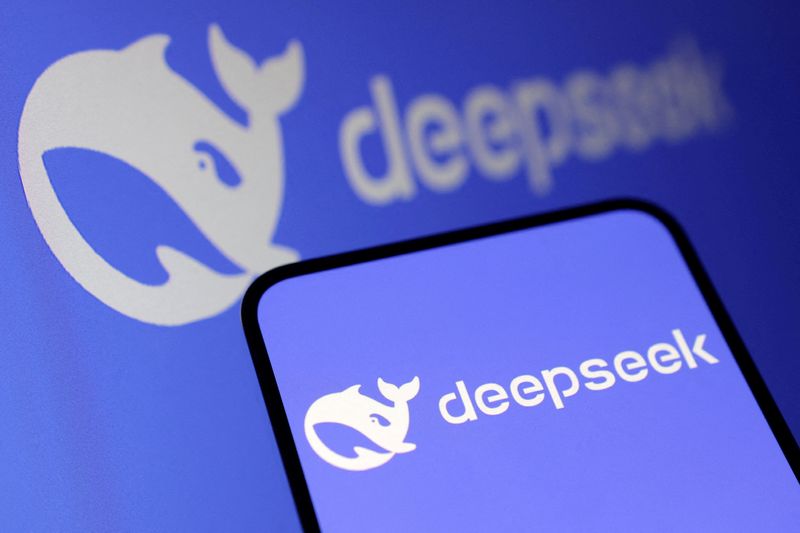Chinese retail investors are rapidly adopting AI tools like DeepSeek to trade stocks, marking a sharp shift from last year’s crackdown on quant funds. Online courses and training rooms are filling up as small traders seek to leverage AI-driven strategies, hoping to gain an edge in the volatile market.
This surge is reshaping China’s $700 billion hedge fund industry, influencing brokerages and wealth managers while introducing new risks, such as increased market volatility, algorithmic manipulation, and regulatory scrutiny.
Despite past skepticism, investors now see AI as essential for the digital age, mirroring trends in global finance where major funds like BlackRock and Renaissance Technologies have long used AI for stock picking and trading strategies.
The rise of AI-powered trading is also fueling a shift in market dynamics, as retail investors who once relied on gut instinct and traditional analysis are now turning to sophisticated machine learning models to analyze trends, evaluate companies, and execute trades with precision.
Meanwhile, social media platforms and online communities are buzzing with discussions on AI-driven stock picking, coding automated trading strategies, and refining investment models. The increasing accessibility of these tools is leveling the playing field between individual investors and institutional players, but it also raises concerns about market distortions and over-reliance on automated systems.
As AI-driven trading gains momentum, the line between human intuition and machine precision continues to blur, redefining the future of China’s stock market. Whether this technological shift will lead to long-term stability or new financial risks remains to be seen, but one thing is clear AI is now at the heart of China’s evolving investment landscape.

